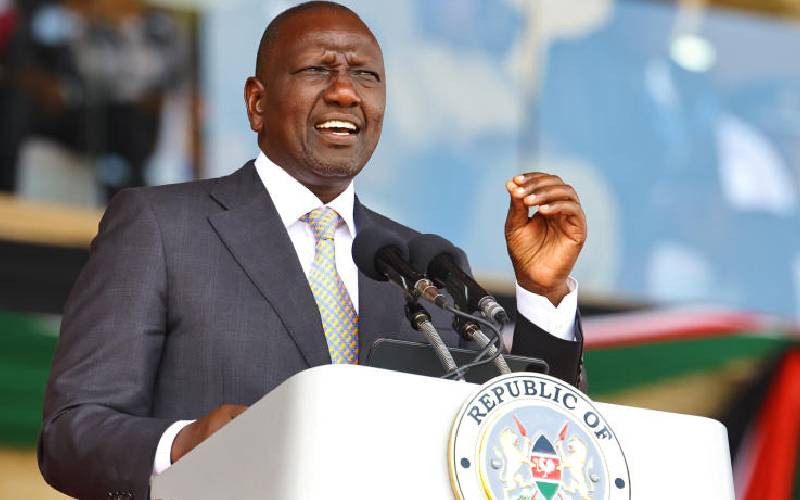
To take stock of government performance after 100 days in office, President William Ruto and his Cabinet retreated to the exclusive Mount Kenya Safari Club for a four days session of bonding and strategising. While the idea of a strategy session is commendable, for a government that claimed to have inherited empty coffers, the choice of such an expensive venue exemplifies the contradictions of this administration.
Misgivings about the venue aside, more pertinent concerns are the contradictions that have characterised policy choices to address high consumer prices and unemployment. In general, the contradictions reflect attempts by the administration to translate populist campaign promises into coherent economic policies.